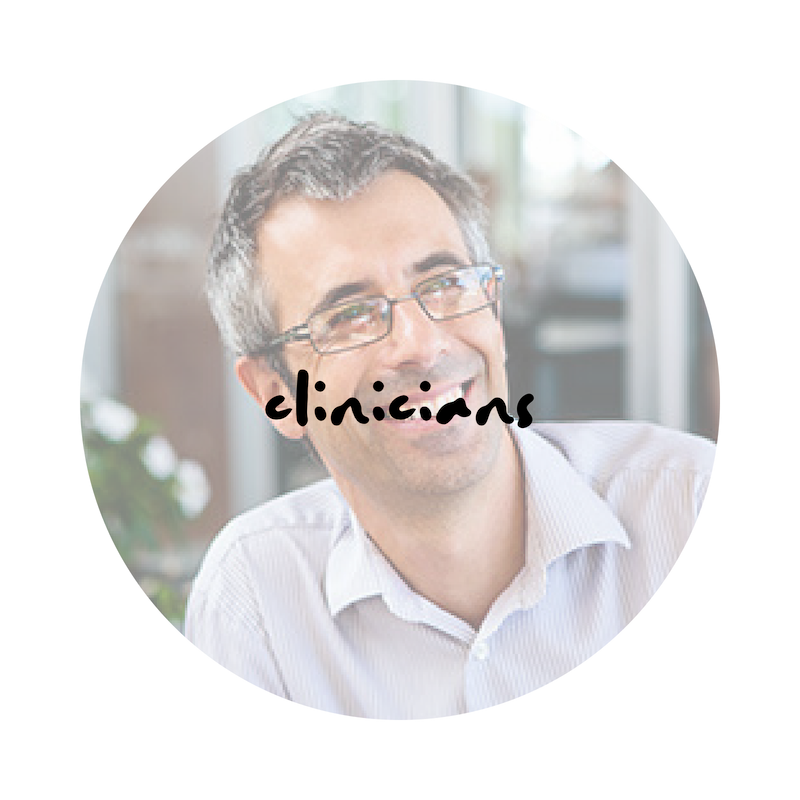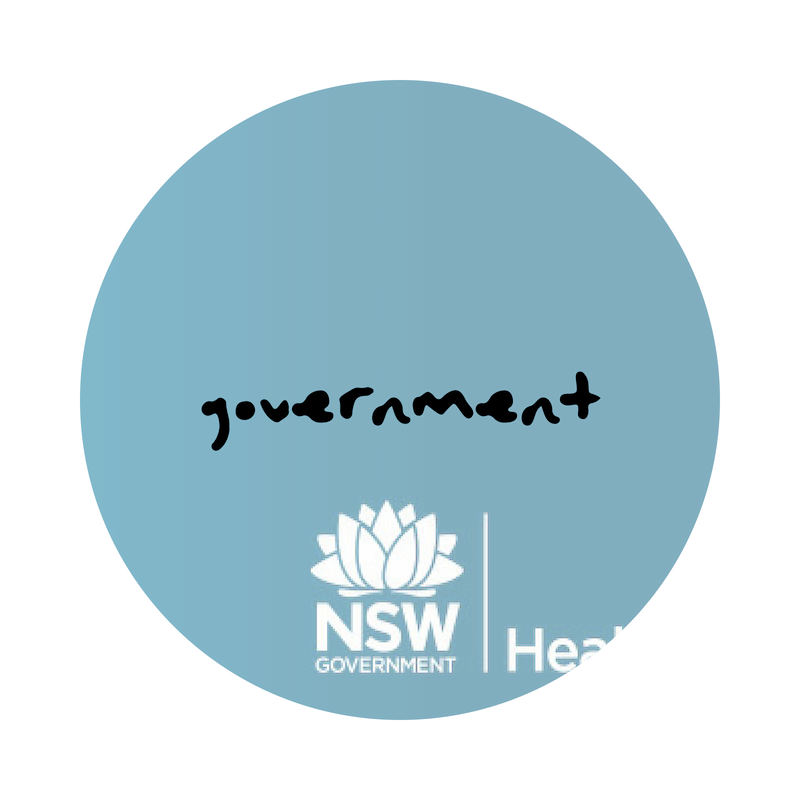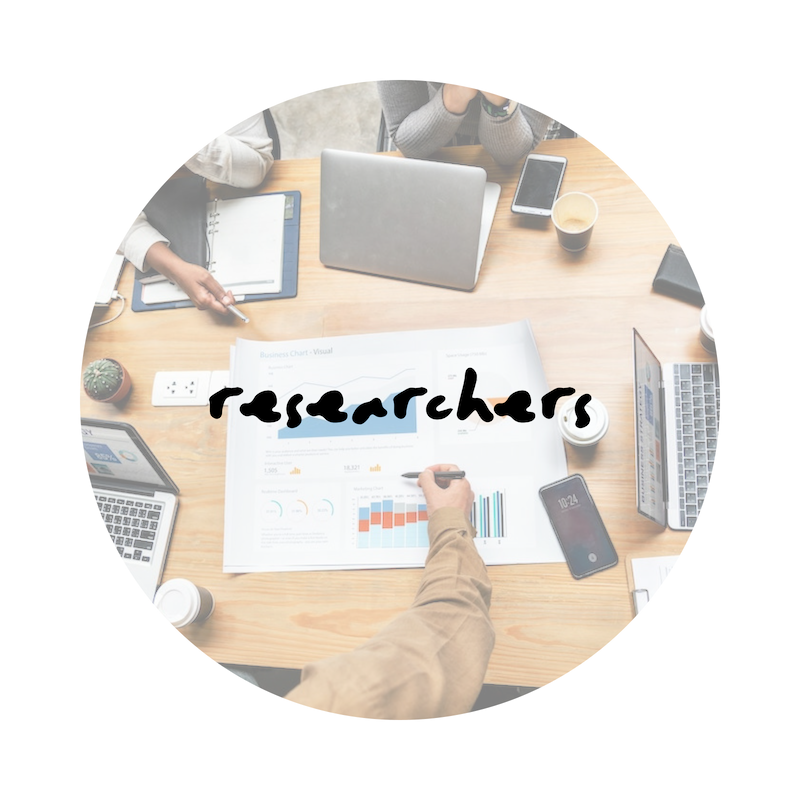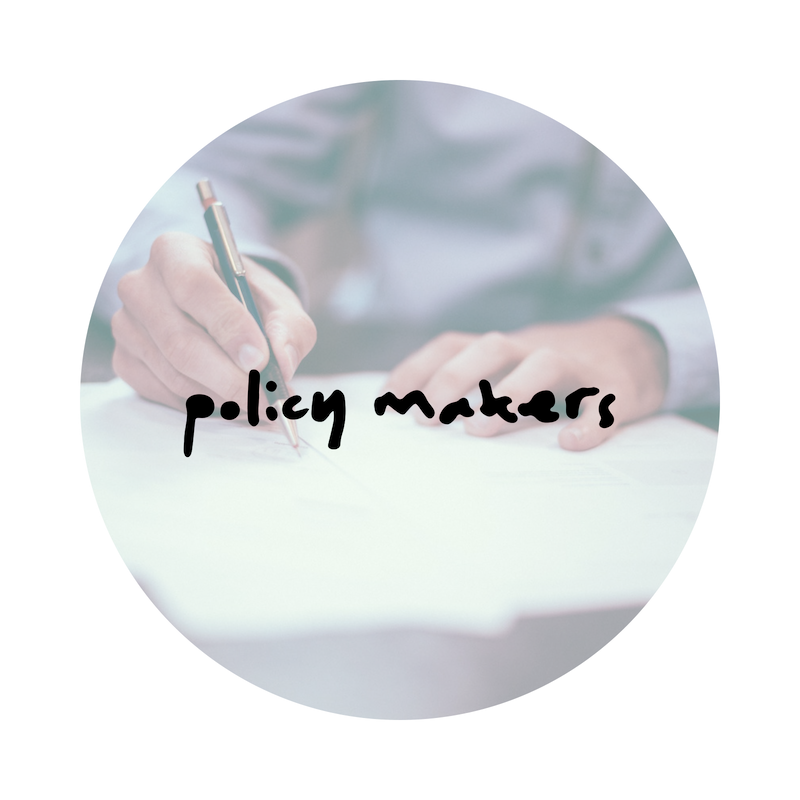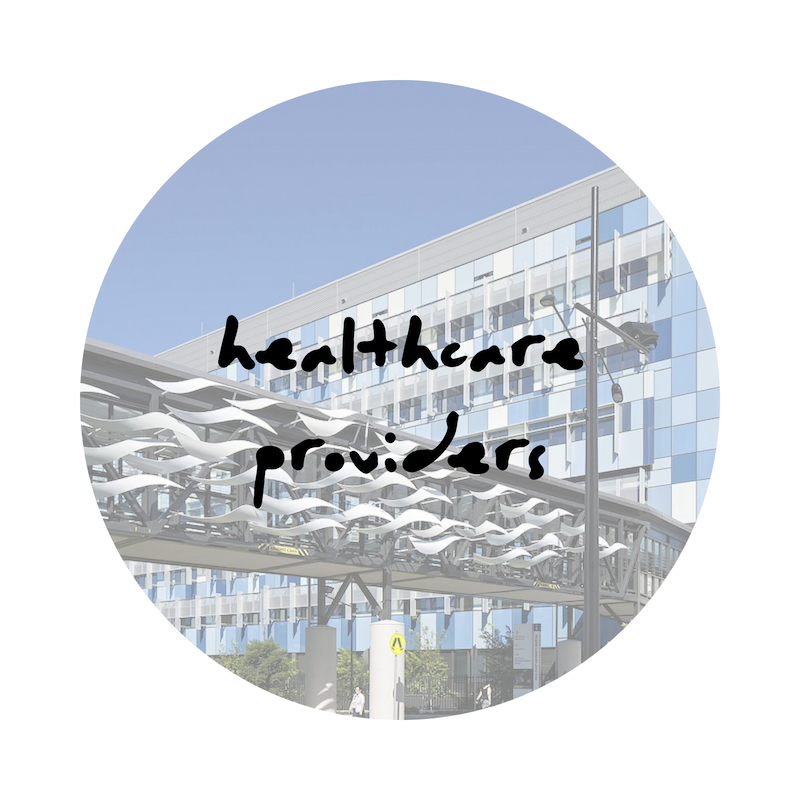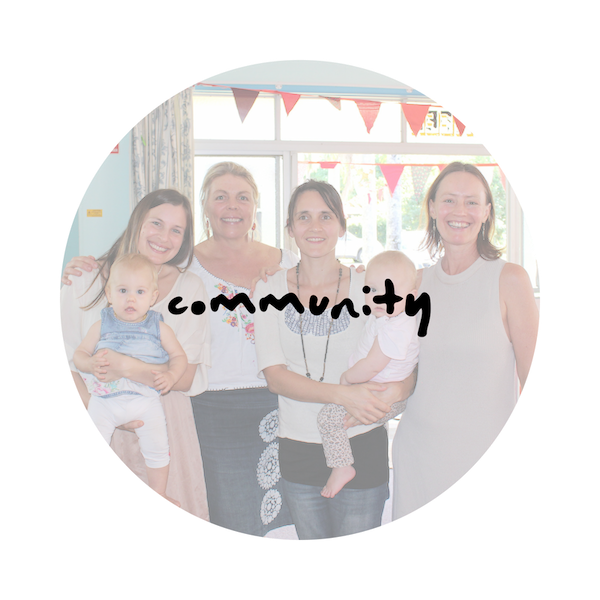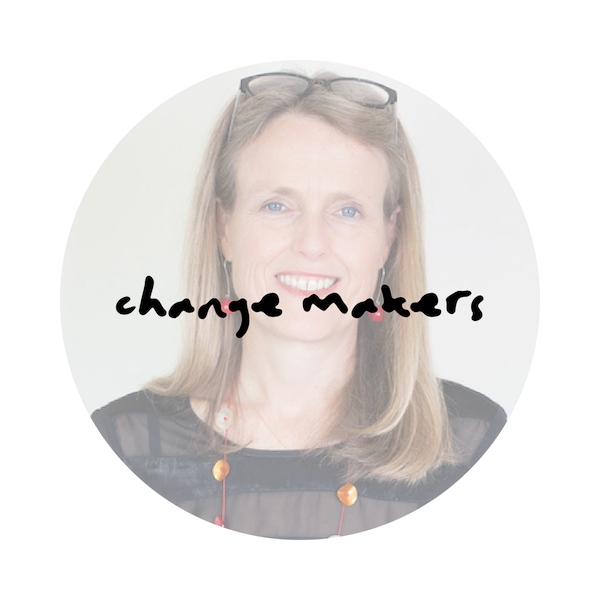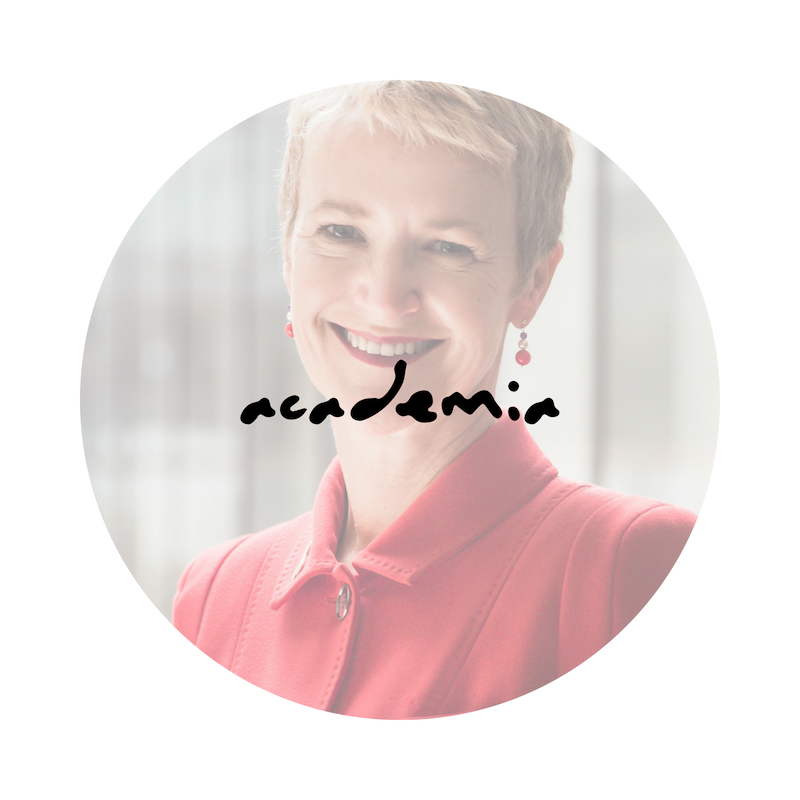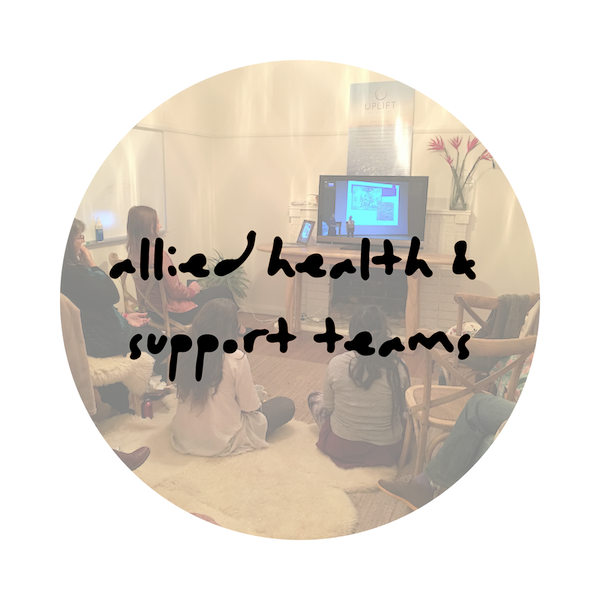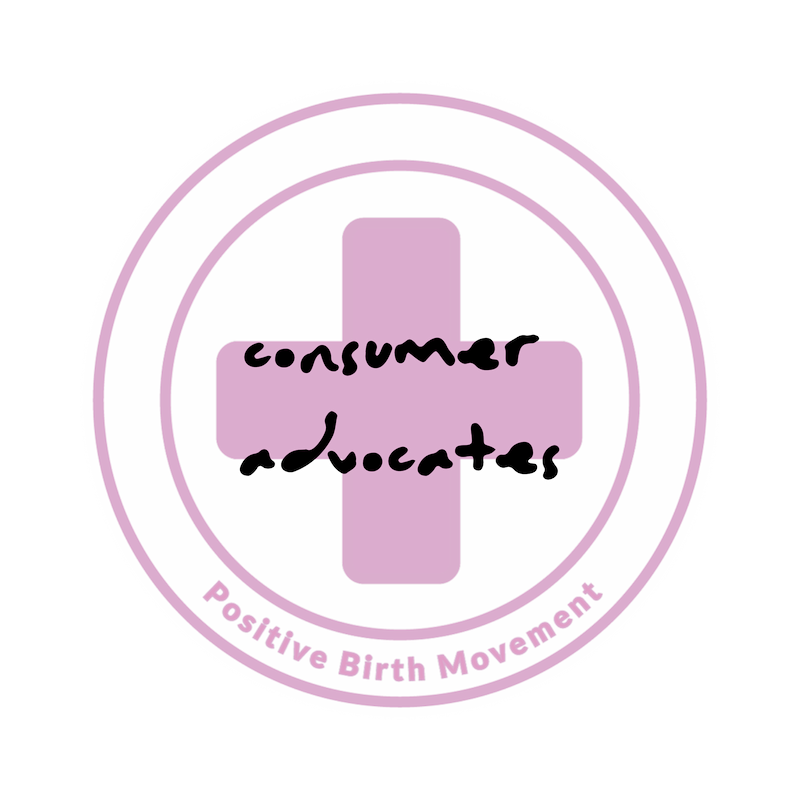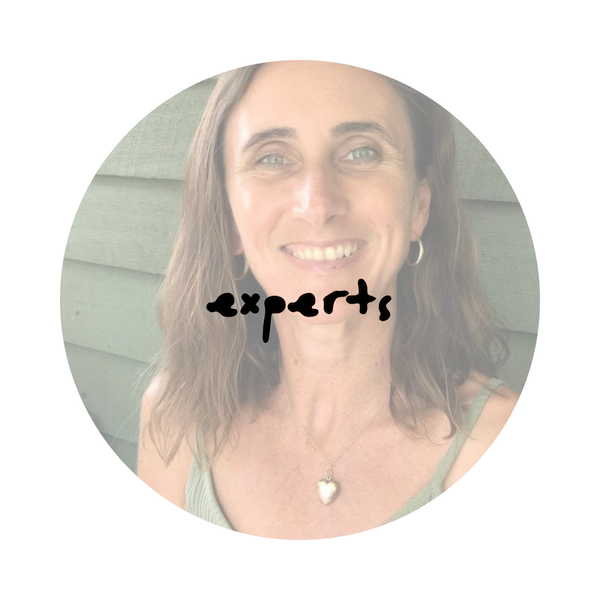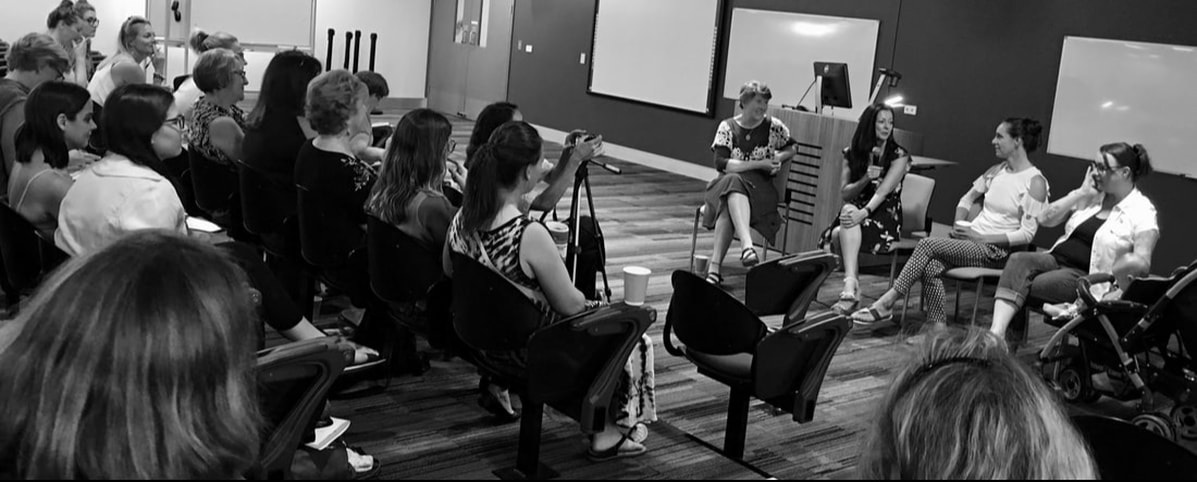Innovative Curation and Cross-Pollination of Research and Knowledge
We believe that when people get talking and get actively listening we all stand to benefit. Stories have the power of influencing how we perceive reality, how we feel and the choices that we make in our daily lives. Stories inform the way go about living. There is a certain 'aha' that becomes available when we see the bigger picture and our own story within context of others and our shared history. We know that our own story and each and every individual's, when looked at closely, is wonderfully unique. The bigger picture can be accessed when we pepper the drawing board with a healthy and robust diversity of stories and perspectives. When we finally get the bigger picture, we are better for it and have a better chance of understanding others too - we are also better placed to affect positive change from this vantage point. Through our work we aim to provide a wider view of specific topics that impact families today. We do this through the careful and intentional cross-pollination of information between the stakeholders in these areas and providing various platforms to access this information.
As a team and organisation, we acknowledge the traditional custodians of these lands and waters whose cultures and customs have nurtured and continue to nurture this land for over 60,000 years and upon which we now work and live. We acknowledge that sovereignty was never ceded and recognition of culture, connection to land and waters of all Aboriginal and Torres Strait Islander peoples across Australia is a matter of importance and paramount to healing for us all. In our work and daily movements, we look to local indigenous leaders for guidance and work towards reconciliation and recognition in all that we do.
Overarching Ethic
The overarching ethic of our organisation acts as the filter through which all our content is delivered. Unlike traditional media outlets, PBB Media is focussed on non-sensationalist information delivered in a resolved methodology and bound by a strong set of overarching ethics. Traditional media outlets are often shackled to powerful dictating forces which influence the narrative in which news and information is delivered. Because PBB Media is 100% volunteer-run and a not-for-profit organisation we are able to deliver unbiased information from a wide and diverse range of sources, affording a perspective which has long evaded traditional media outlets. We do not have advertisers to consider or investors to please and do not have a dictating force like a board of directors or shareholders. We are not politically affiliated and our agenda is always transparent and clearly spelled out throughout our communications.
Non-Hierarchical Organisation - PBB Media operates in a Teal Organisational Model and as such there is no one person or board calling the shots and defining how and what our organisation is all about. This model allows for fluidity, accountability and a natural growth pattern - one that is not reliant on a graph!
Ethical Journalism, Media and Storytelling - Journalism and the media have long struggled in the throngs of ethics. How can we be ethical if ownership dictates narrative? When shareholders demand or are promised constant growth? When the focus is on selling? PBB Media, for this very reason, strives for as little influence as possible in our work, save our very own humanity. We are not perfect by any means but we do our best at delivering an unbiased account.
Non-Sensationalist Information - we do not need to tell a scary, outrageous or wowza scoop or headline preying on your fears and doubts and further alienating you from a grounded and honest view of the world around you. We deeply care about the ethics of storytelling and care about how our stories are received.
Resolved Storytelling - Trauma is one of the most 'selling' of all marketing tools and is used continuously to perpetuate the news cycle. It is also a very damaging way to deliver information. We strongly believe that in order for stories to be of a positive value to those listening, they must be resolved. What does this mean? It means we take great care in choosing who we talk to and what we talk with them about. We ensure that traumatic events are resolved for this person or that we know of a real and possible resolution for a traumatic or difficult situation. Ongoing exposure to traumatic unresolved stories not only unnaturally desensitises the participants but also leads to dehumanisation. Telling people that there are very serious issues and leaving it open ended is simply not an option.
Storytelling through a focus on Lived Experiences - Lived experiences differ from generalised, anatomical information and are a vital part of understanding how people experience care. They are also a vital part of developing and improving frameworks and services and working in respectful collaboration with those impacted.
A Diversity of Voices - It is imperative to us that we tell the stories of families and community through a range of lenses and perspectives. We shy away from the commonly told stories we hear in mainstream media and look closer to understand more clearly what is behind the story of each voice we present.
Transparency is Vital - when you come across our content, you will know who is telling the story, there is no vail between the person receiving the information and the person and organisation laying out the information. You will find no titles such as 'Award-Winning (often a paid industry event) Journalist' or 'Politics & Current Affairs'. A clear background of who our contributors are, is provided. Generally, you have the opportunity to find out more about our contributors and get in touch with them directly if needed. There is also a lot of information about our organisation, how we work and what we stand for, to help you make easier decisions about our approach and values.
Ethical Journalism, Media and Storytelling - Journalism and the media have long struggled in the throngs of ethics. How can we be ethical if ownership dictates narrative? When shareholders demand or are promised constant growth? When the focus is on selling? PBB Media, for this very reason, strives for as little influence as possible in our work, save our very own humanity. We are not perfect by any means but we do our best at delivering an unbiased account.
Non-Sensationalist Information - we do not need to tell a scary, outrageous or wowza scoop or headline preying on your fears and doubts and further alienating you from a grounded and honest view of the world around you. We deeply care about the ethics of storytelling and care about how our stories are received.
Resolved Storytelling - Trauma is one of the most 'selling' of all marketing tools and is used continuously to perpetuate the news cycle. It is also a very damaging way to deliver information. We strongly believe that in order for stories to be of a positive value to those listening, they must be resolved. What does this mean? It means we take great care in choosing who we talk to and what we talk with them about. We ensure that traumatic events are resolved for this person or that we know of a real and possible resolution for a traumatic or difficult situation. Ongoing exposure to traumatic unresolved stories not only unnaturally desensitises the participants but also leads to dehumanisation. Telling people that there are very serious issues and leaving it open ended is simply not an option.
Storytelling through a focus on Lived Experiences - Lived experiences differ from generalised, anatomical information and are a vital part of understanding how people experience care. They are also a vital part of developing and improving frameworks and services and working in respectful collaboration with those impacted.
A Diversity of Voices - It is imperative to us that we tell the stories of families and community through a range of lenses and perspectives. We shy away from the commonly told stories we hear in mainstream media and look closer to understand more clearly what is behind the story of each voice we present.
Transparency is Vital - when you come across our content, you will know who is telling the story, there is no vail between the person receiving the information and the person and organisation laying out the information. You will find no titles such as 'Award-Winning (often a paid industry event) Journalist' or 'Politics & Current Affairs'. A clear background of who our contributors are, is provided. Generally, you have the opportunity to find out more about our contributors and get in touch with them directly if needed. There is also a lot of information about our organisation, how we work and what we stand for, to help you make easier decisions about our approach and values.
A Four-Pillars Approach to Information Sources
We know that the whole picture cannot be seen unless we include information from a diverse range of sources. We recognise that simply holding up a piece of paper and claiming that truth can be boiled down to a set of statistics or telling a story of one family's experience of childbirth and then assuming that that story applies to a whole group of families is simply misrepresentation. Truth is complex, can be individual and often subjective and while some truths can be applied more broadly, we cannot assume that these truths apply individually. Stories have the power of influencing how we perceive reality, how we feel and the choices that we make in our daily lives. This makes painting a voracious picture of a situation a difficult ethic and one that carries a great responsibility. It is why we apply rigorous criteria and a fluid mind-set (we are willing to be curious!) to the content we put forward and why we work to include information from the following four pillars:
- I quality, evidence-based research
- II actual real-life stories
- III timeless knowledge & ancient practices in a modern context
- IV new and emerging ideas
I: evidence-based research
The world is full of incredible research, but it takes on average 17 years for the research to reach practical use. Did you know that?
Continuously abreast of themes, cutting edge, quality and relevant evidence-based research available today, we are building a bridge between the research and the people who need it most. Talking with experts that are able to translate research & make it relevant to you is part of what drives us.
We believe that quality evidence based-research, along with knowledge acquired from lived experiences and a recognition of your own unique set of circumstances is paramount in deciding on the best possible care for you and your family. With that known, we always question the parameters, the subjects used and the context in which the research is conducted. Part of what we strive for is making clearer and clearer the actual impact, short and long-term, on families and individuals, from decisions made within a clinical setting.
We are also keen to better understand the innate bias that exists within research and ensure we are providing research from forward thinking institutions, that recognise this innate bias, alongside the more commonly revered institutions.
Continuously abreast of themes, cutting edge, quality and relevant evidence-based research available today, we are building a bridge between the research and the people who need it most. Talking with experts that are able to translate research & make it relevant to you is part of what drives us.
We believe that quality evidence based-research, along with knowledge acquired from lived experiences and a recognition of your own unique set of circumstances is paramount in deciding on the best possible care for you and your family. With that known, we always question the parameters, the subjects used and the context in which the research is conducted. Part of what we strive for is making clearer and clearer the actual impact, short and long-term, on families and individuals, from decisions made within a clinical setting.
We are also keen to better understand the innate bias that exists within research and ensure we are providing research from forward thinking institutions, that recognise this innate bias, alongside the more commonly revered institutions.
II: actual real-life stories
We are in constant and ongoing contact with actual families and individuals, maternity health care providers, doctors, practitioners of various modalities and more. We deliver their stories either directly or through discussion of a specific topic. Actual stories from actual people about their actual experiences can teach us a lot. Several of our team members have been and still are acting as consumer representatives within our communities. What we see and hear on a daily basis drives us to continue the work that we do at Pregnancy, Birth & Beyond Media.
III: timeless knowledge & ancient practices in a modern context
Why are traditional practices so important? As with anything else, practice makes perfect. We recognise the importance of long-held practices of ancient traditions. Practices such as Chinese Medicine, Ayurvedic Medicine, Traditional Midwifery, Dreaming, Rights of Passage and so on, can support us through life like no other practice can. What our ancestors have learned and perfected before us, over thousands of years can be of great value. Many of these practices have been slowly lost over the years, especially for those living in modern first world countries. We are very keen at Pregnancy, Birth and Beyond to sift through the information available to us and cover the most appropriate content when it comes to traditional practices that are still relevant today.
IV: new and emerging ideas
Sometimes we come across innovative and highly creative ways of rethinking an old way of doing something or a whole new idea! It may be a new schooling technique, a specific parenting style or a new model of care. We have a keen eye for these elements of human interaction and improvement and we are almost just as keen to bring the information to you. We spend many hours researching, discussing & developing stories in order to bring you the most accurate view of the information at hand.
we are looking for passionate, informed and inspired individuals to join our team
We believe that the period from conception through to the early years of life, marks the 'seed and soil' phase of an individual's whole life. To have healthy and well communities we must have healthy individuals and this starts with a healthy and well foundation. If you are as passionate as us about these topics, we'd love to hear from you.
Underlying Themes
There are some very specific underlying themes that inform a large part of our content. That means, we are aware of the ongoing need to reflect these themes throughout our work and when possible, we incorporate them into our inquiry. These themes also inform specific ongoing projects our teams work on and evolve over time as we gain better understanding and insight into their complexities.
childbirth as a vital beginning
As our name suggests, we are all about covering topics within the Pregnancy, Birth and Beyond (parenting, community and so on) parameters. But as it turns out, we are all equally impassioned by the topic of Birth. Unlike any other topic, birth will get us going... It is our vision and mission at PBB Media to build bridges between the various stake-holders of family health and particularly, those with a vested interest in maternity. We see the maternity phase of a familie's life as being critical to overall population health as it not only sets the tone for what is to come, it also impacts greatly on the physical, emotional and mental wellbeing of the family unit. The successful bonding of a child to its caretaker, in most but not all cases its mother, will inform the child of its short and long-term relationships with itself, those around them and their relationship with their environment. The impact on the quality of that bond impacts the whole of a community and the whole of society. It is this very bond that we aim to protect and nurture through our work.
We are guided by these facts:
These facts lead us to believe that
This motivates us to
PLAY A PART and take an active role in helping the next generation reach its potential to adapt, innovate and achieve happiness and fulfilment as individuals and as a society. With the challenges to our species that lie ahead of us, more of us need more of these qualities more than ever.
We do this by
We are guided by these facts:
- It takes on average 17 years for scientific evidence to be translated into clinical practice.
- Evidence based maternity reforms such as continuity of care for women during the perinatal period (via policies such as the National Maternity Services Plan and state policies such as Towards Normal Birth in Australia) are being either ignored or implemented extremely slowly.
- The more actively a woman is involved in the decisions relating to her maternity care,
- the happier she will be with the outcomes, even if they are different to her original expectations, and
- Her level of satisfaction with the birth directly impacts on the wellbeing of her baby and her family
- Society is influenced by the portrayal of birth in the media and other sources, and those influences have a negative impact on birth outcomes.
These facts lead us to believe that
- Parents need evidence to achieve the best outcomes possible, backed by stories from other parents on the journey to help embed and integrate the information into their own lives.
- What happens from conception, pregnancy and birth has impacts that reach out across time and beyond the immediate family. Regardless of whether we are involved in the day to day raising of children, we are all involved in raising the next generation.
This motivates us to
PLAY A PART and take an active role in helping the next generation reach its potential to adapt, innovate and achieve happiness and fulfilment as individuals and as a society. With the challenges to our species that lie ahead of us, more of us need more of these qualities more than ever.
We do this by
- Observing the vast and varied landscape of information related to birth and parenting.
- Tracking the social trends in what aspects of this information is shared.
- And, continuously listening to the stories of mothers, fathers, family members and sometimes even children.
- Analysing the gaps in knowledge between the general population (by examining popular media, which as we know influences our behaviour even how we give birth) and the latest evidence.
- Collating and curating the latest evidence, backed up by experiences of other parents on the journey
- Delivering this information via broadcast media (Byron Bay’s community radio station BayFM in Australia) as well as podcasting and this website. We also present local community based events of various sizes.
- Partnering with information sources, such as academic conferences so women and their families can access the latest information they need.
continuity models of care
We are keen advocates of Continuity of Care and relationship-based care models within healthcare. We believe and know that when people are treated with respect by a known and respected care provider they are more likely to survive their care, have better outcomes and greater satisfaction overall. In particular, based on what we know about the importance of the early years of a family's life and on the most up-to-date quality qualitative and quantitive evidence from trusted and respected sources around the world, we champion Midwifery-Led Continuity of Care as a valid and universal option for families, because:
- relationship-based care like this gives mothers the time to consider their maternity care options with a carer they come to know and trust, which is much more likely to result in genuine informed decision making
- midwives develop a deep understanding of the woman and trust in the process of caring for them, meaning they too benefit from the woman having given informed consent to all aspects of their care
- midwives in these models of care also report lower levels of work stress and higher levels of job satisfaction than those who work in conventional fragmented models
- this model also costs health services less to provide than other models of care
- mothers are less likely to have medical intervention for their births
- mothers are less likely to need pain relief in this model of care
- and most importantly mothers and babies more likely to survive the perinatal period in this model of care
informed consent and informed decision making within healthcare
Not to be confused with 'shared decision making' or 'simple consent', informed decision making is the legal process of protecting patient autonomy; shared decision making is a widely promoted ethical approach. These processes may most usefully be seen as distinct in clinically and ethically important respects. "Informed consent does not require the presence of clinical choice; it is appropriate for all decisions of significant risk, even if there is only one option." (A Typology of Shared Decision Making, Informed Consent, and Simple Consent, by Simon N. Whitney, MD, JD; Amy L. McGuire, JD; and Laurence B. McCullough, PhD)
One of the main reasons we are particularly concerned with informed consent is a relative new concept (or a very old one being revived). When we take part in the decision making process about ours and our family's health, not only do we become empowered to stay well and healthy, we are also sending a clear message to our smaller and wider circles (our children, family, friends, community, country and so on). We are saying that we will not put the burden of our care solely in the hands of others. We are saying that the responsibility of taking care of our health lies in our own hands.
"The patient’s decision to refuse a doctor’s offer of treatment doesn’t have to seem reasonable or prudent to the doctor, or to anybody else. The right to informed and autonomous decisions in healthcare is the right to weigh the full spectrum of risks and benefits according to the patient’s personal values and perspective." Human Rights Lawyer Hermine Hayes-Klein, Pathways to Family Wellness Magazine (issue No40).
Find out more about our work on Informed Consent here.
One of the main reasons we are particularly concerned with informed consent is a relative new concept (or a very old one being revived). When we take part in the decision making process about ours and our family's health, not only do we become empowered to stay well and healthy, we are also sending a clear message to our smaller and wider circles (our children, family, friends, community, country and so on). We are saying that we will not put the burden of our care solely in the hands of others. We are saying that the responsibility of taking care of our health lies in our own hands.
"The patient’s decision to refuse a doctor’s offer of treatment doesn’t have to seem reasonable or prudent to the doctor, or to anybody else. The right to informed and autonomous decisions in healthcare is the right to weigh the full spectrum of risks and benefits according to the patient’s personal values and perspective." Human Rights Lawyer Hermine Hayes-Klein, Pathways to Family Wellness Magazine (issue No40).
Find out more about our work on Informed Consent here.
overdiagnosis and the future of healthcare
With iatrogenic harm on the rise, antimicrobial resistance reaching alarming levels globally and many major healthcare services predicted to collapse by 2030, as we continue at the current rate of overdiagnosis and treatment, a lack of preventive care and an ongoing pushing of symptomatic treatments; we are ever aware of the need for a reformist and new conversation about Healthcare and human+planetary wellbeing. We have several podcasts and projects on these topics and a new projects always in development. If you have any questions or stories to share on this matter, please get in touch here.
By all means, the content above does not express everything that we do and are about, PBB Media is an evolving project! Please come back to visit us as we update this segment of our website to reflect the symbiotic nature of our organisation.

